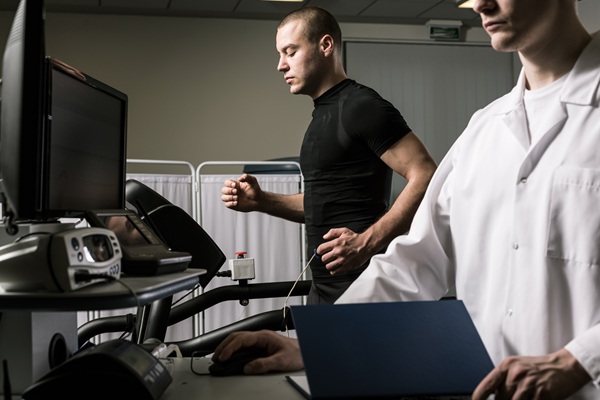Recovery Period After Open Heart Surgery

Looking for more information on open heart surgery? Whether you have already been scheduled to undergo this type of surgery or think that this type of surgery is in your near future, understanding everything there is to know is a great idea. This includes knowing what to do before the surgical procedure, during the surgical procedure and after the surgical procedure, a.k.a. the recovery period.
About cardiologists
Wondering if a cardiologist performs open heart surgery? The answer is that no, they do not. Instead, a cardiologist is a health care professional who has decided to focus on finding, treating and preventing diseases that have to do with the heart and/or blood vessels. This means that a cardiologist can perform physical examinations, administer certain tests in order to come up with a diagnosis and offer their patients advice on how to live a healthy lifestyle. Every cardiologist will work together as a team with other health care professionals to provide patients with optimal health care services.
The recovery period after open heart surgery
According to Cleveland Clinic, people do most of their healing, about 80%, in the first six to eight weeks after surgery. The information below includes information on what the recovery period is like for those who have undergone open heart surgery.
Eating
It is important for patients who feel too tired to eat or do not have an appetite to understand that this is completely normal and will often subside within a few weeks or so. Eating smaller meals throughout the day is suggested. It is important for heart surgery patients to get the nutrition they need in order to heal properly, making it a good idea to follow a diet low in fat, low in salt, low in cholesterol and high in protein.
Sleeping
It may be difficult for some patients to get enough sleep after undergoing open heart surgery. This can be due to the effects of the anesthesia used during the surgery, the discomfort and/or pain experienced, a change in one’s daily routine and/or stress. Patients should understand that it is likely that these changes in their sleeping habits will go away within three weeks’ time.
Managing pain
There are a few different pain management techniques that patients can utilize while recovering from open heart surgery. Patients can ask for a pain prescription or use over-the-counter pain relievers. Patients can place a warm cloth on the surgical area to help reduce any discomfort or pain they are experiencing. Patients can also take advantage of alternative treatments, like meditation and using guided imagery.
Do you need an appointment?
Do you need to learn more about open heart surgery? If you still have questions related to heart surgery, you can call us now to schedule an appointment with our cardiologist. Please be sure to bring all your questions so that you can get the answers you need.
Request an appointment here: https://boyntonbeach.floridapremiercardio.com or call Florida Premier Cardiology at (561) 229-1411 for an appointment in our Boynton Beach office.
Check out what others are saying about our services on Yelp: Open Heart Surgery in Boynton Beach, FL.
Recent Posts
According to the Centers for Disease Control and Prevention, heart disease is the leading cause of death for adults in the United States. Therefore seeking chest pain treatment is crucial, especially for those at high risk for heart disease. However, chest pain can result from various health issues, so how does one know when it…
A cardiac stress test is a diagnostic tool to evaluate how well the heart performs under physical stress. Cardiologists use this test to detect underlying cardiovascular conditions, monitor treatment progress, or assess the risk of future heart complications. Cardiac stress tests are essential in the early detection and management of heart disease.A cardiac stress test…
Peripheral arterial disease affects blood flow in the arteries, most commonly in the legs. It develops due to plaque buildup in the arteries that causes them to narrow and restrict circulation, possibly leading to discomfort, difficulty walking, and other serious complications. Recognizing the symptoms early and exploring treatment options can help improve the quality of…
Receiving cardiovascular treatment is a critical step in managing heart health, but recovery and long-term are equally vital to ensure long-term wellness. Whether the treatment involves medication management, interventional procedures, or surgery, maintaining a relationship with the cardiologist and following their recovery guidelines is crucial. A structured follow-up plan allows patients to maintain the benefits…


